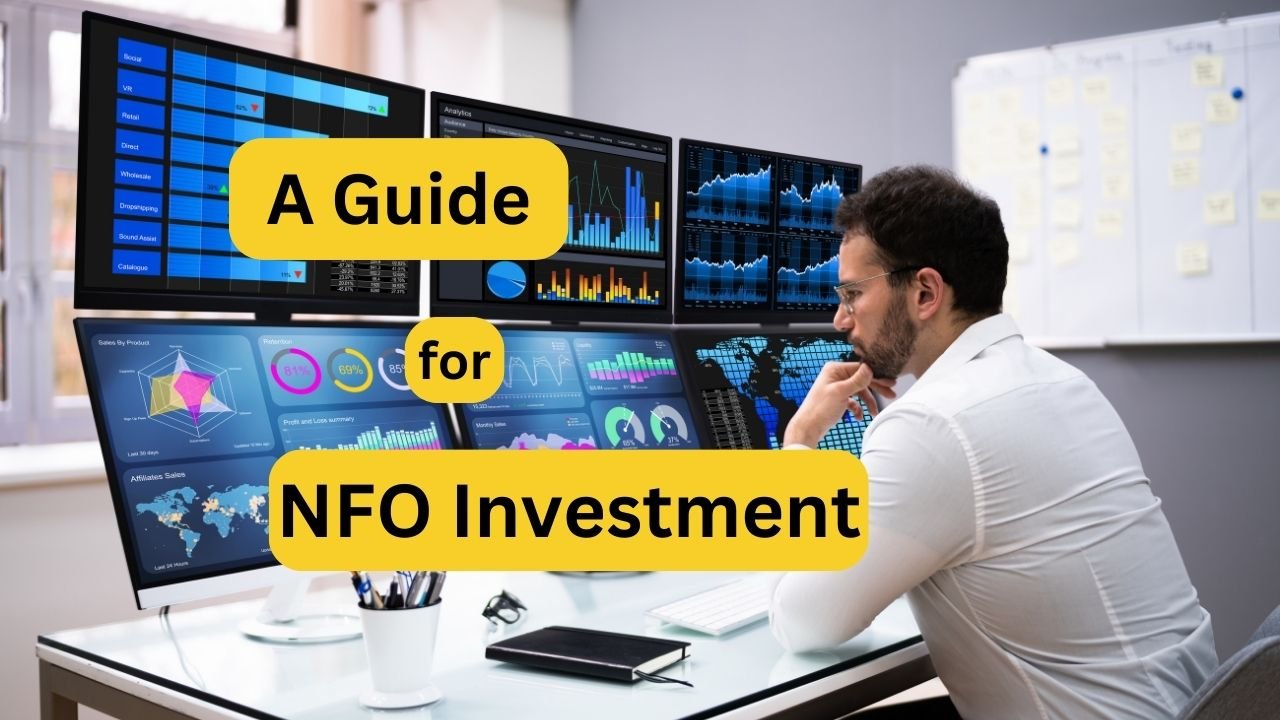Investing in a New Fund Offer (NFO) can be an exciting opportunity, but it’s essential to make an informed decision. Here are some key factors to consider when investing in an NFO:
1. Fund Objective
When considering an investment, it’s crucial to understand the objective of the fund. This is the foundation upon which the fund’s strategy is built. It outlines the fund’s goals and the methods it will employ to achieve them. The objective can range from capital preservation to aggressive growth, and everything in between.
Next, ask yourself, “Is it aligned with your investment goals and risk tolerance?” Your investment goals could be anything from saving for retirement, buying a house, or funding your child’s education. Your risk tolerance is the degree of variability in investment returns that you can withstand.
Remember, the fund’s objective will give you an idea of what the fund aims to achieve and how it plans to do so. It’s like a roadmap guiding the fund’s investments. By aligning the fund’s objective with your personal financial goals and risk tolerance, you can make informed investment decisions that are tailored to your unique needs.
2. Investment Theme
An investment theme in the context of New Fund Offers (NFOs) is a specific focus or trend that the fund aims to capitalize on. It could be based on a variety of factors such as a particular industry, a geographical region, a type of technology, or even a social trend.
For instance, an NFO could be launched with an investment theme focusing on electric vehicles (EVs). The fund would then invest in companies involved in the EV industry, such as manufacturers, battery suppliers, and charging infrastructure providers.
The advantage of this approach is that it allows investors to gain exposure to a specific trend or sector without having to research and invest in individual companies themselves. It also provides diversification within that theme, reducing the risk associated with investing in a single company.
However, it’s important to note that while investment themes can provide opportunities for high returns, they also come with their own set of risks. As such, investors should thoroughly research the theme and understand how it fits into their overall investment strategy before investing in an NFO.
3. Fund Manager’s Track Record
A fund manager is a professional who oversees and makes decisions about the investments within a fund. They are responsible for implementing the fund’s investment strategy and managing its portfolio trading activities. The success of a fund often hinges on the expertise, experience, and strategies employed by the fund manager.
Before investing in a New Fund Offer (NFO), it’s important to evaluate the track record of the fund manager. This involves analysing their past performance and understanding their investment philosophy and strategy.
4. Asset Management Company’s (AMC) Reputation
When it comes to investing, choosing the right Asset Management Company (AMC) is as important as selecting the right investment. The reputation of an AMC can significantly influence your investment experience and returns. But how do you evaluate an AMC’s reputation? You can evaluate AMC by Client Reviews and Testimonials, transparency in their operations and of course performance record.
5. Fund’s Investment Strategy
There are various types of investment strategies that funds can adopt. For instance, a growth strategy focuses on investing in companies that are expected to grow at an above-average rate. On the other hand, a value strategy involves investing in stocks that are believed to be undervalued by the market.
6. Costs and Expenses
Investing in mutual funds involves various costs and expenses that can impact your returns. Understanding these costs can help you make informed investment decisions. Like sales load, expanse ratio, transaction charges etc.
7. Investment Horizon
Investment horizon is a critical factor to consider when evaluating the suitability of a New Fund Offer (NFO) for your portfolio. Your investment horizon refers to the length of time you plan to hold onto your investment before cashing it out. It’s closely tied to your financial goals. For instance, if you’re saving for retirement 30 years away, you have a long-term investment horizon. On the other hand, if you’re saving for a down payment on a house you plan to purchase in five years, your investment horizon would be medium-term.
8. Risk Level
Assess the risk level of the NFO. Higher-risk funds may offer higher potential returns, but they also come with a greater chance of loss.
Remember, while NFOs can offer fresh investment opportunities, they also come with their own set of risks and challenges. Therefore, thorough research and due diligence are crucial before investing in an NFO.
Disclaimer: This information is for educational purposes only and should not be taken as investment advice. Always consult with a financial advisor before making any investment decisions.

